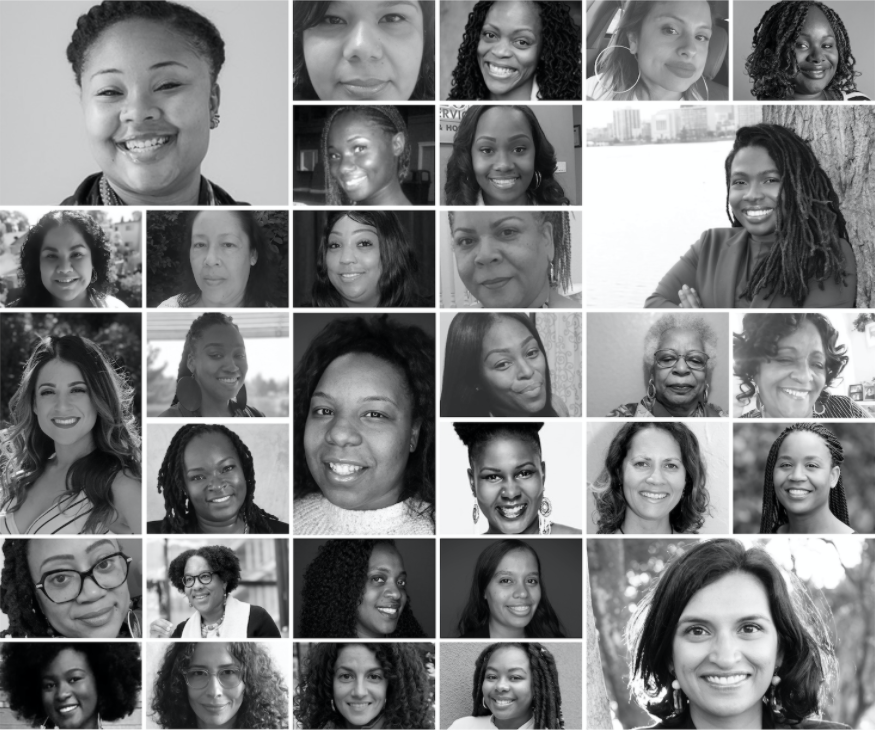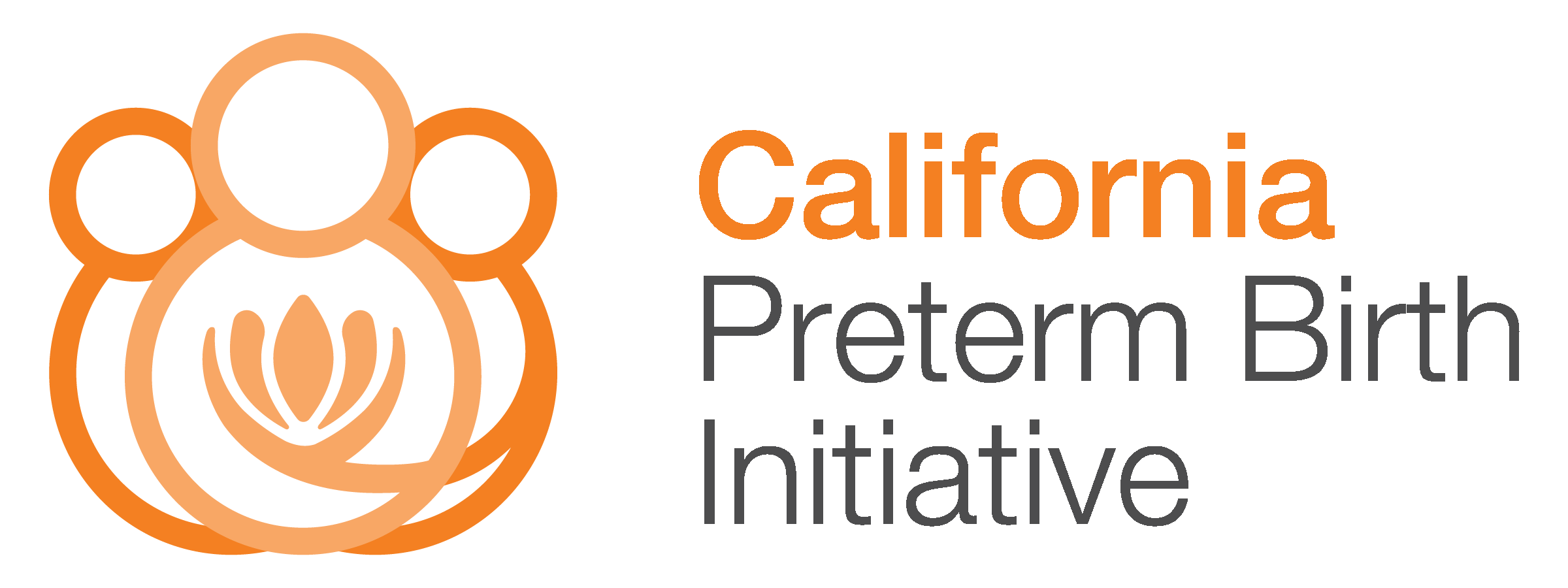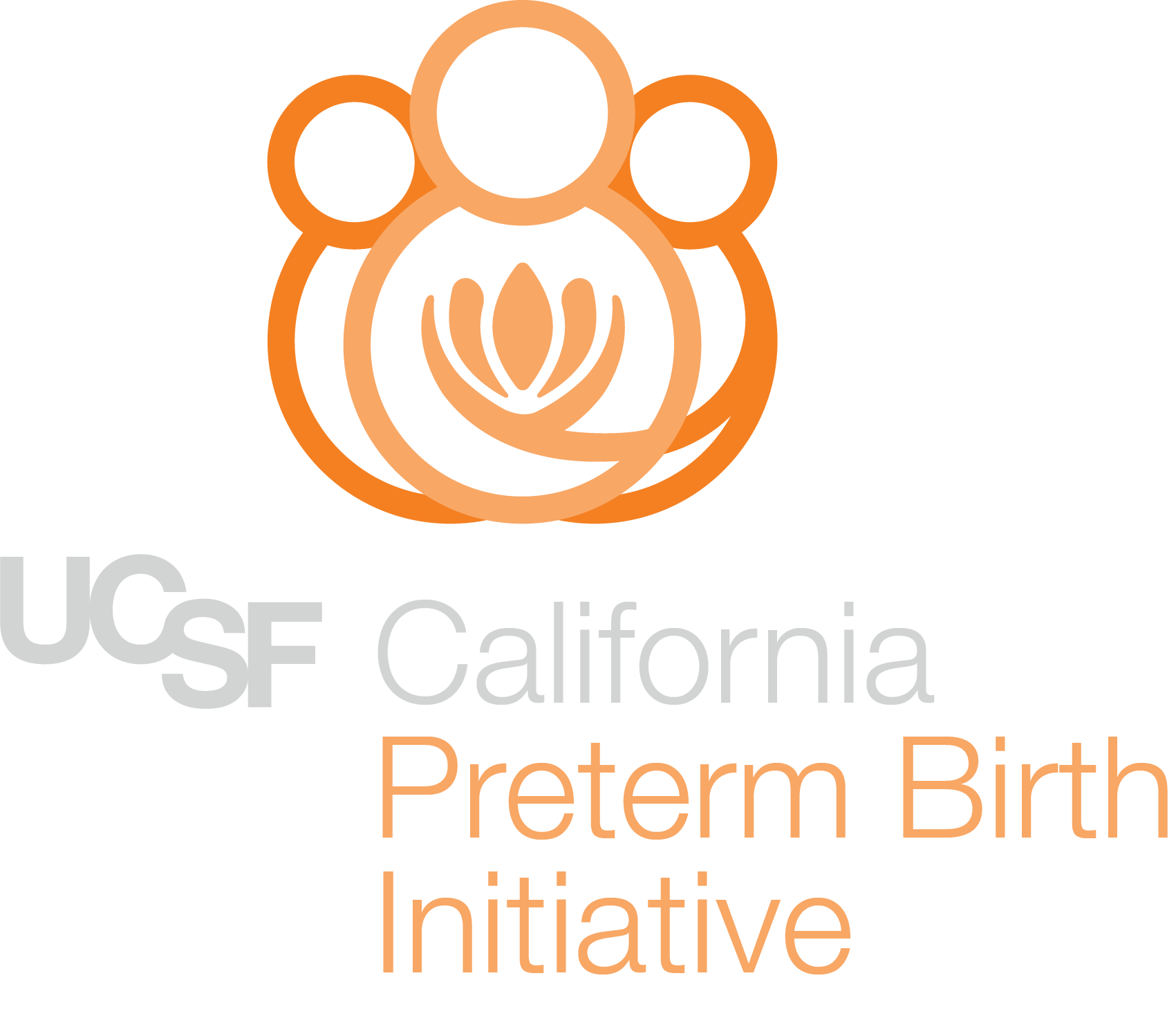How do stress, anxiety, and racism, as well as resilience and coping, impact premature birth for Black and Latina/x communities?
![]()
The issue: Stress and a pregnant person's biology
While increased psychological stress has consistently been shown to be associated with being born too early, we do not yet understand how stressors such as racism impacts a woman's biology making her more likely to deliver early. This study aimed to address important knowledge gaps by partnering with women of color to better understand how stress gets under the skin to impact pregnancy and birth outcomes. Due to COVID-19 and budget cuts, SOLARS sunsetted prematurely in June of 2020. Study results coming soon! Visit the SOLARS website to learn more.
![]()
How did the study work?
Survey and biospecimen collection
Participants were asked questions about past and present life circumstances and to contribute biospecimens including saliva, urine, and blood at various time points throughout pregnancy and at 5-6 weeks and 6-months after birth. Women were compensated for the time it took them to participate in the study.
Who was eligible?
Women who:
- Self-identified as Black or Hispanic/Latina,
- Were less than 21 weeks of gestation
- Lived, worked, or received care in Oakland, Alameda, Emeryville, San Leandro, Berkeley or San Francisco, and was a resident of Alameda or San Francisco County*
- Who were 13 years-of-age or older
- Were pregnant with a singleton
SOLARS Community Accountability Council
The Council played an important role in guiding the academic and community-based partnership with SOLARS by helping with recruitment and retention; and developing research publication priorities and planning community events and forums to share back data for the SOLARS Study. The Council was comprised of diverse stakeholders who are interested in reducing preterm birth-related disparities and improving health equity within Black and Brown communities.
The Council strengthened links to the communities most heavily affected by preterm birth, building trust and enabling high-impact research. The Council helped ensure that the research produces results in the community, improving the lives of families in California and beyond.

The SOLARS Journey to Reproductive Justice
For the March 2021 Collaboratory, the SOLARS team shared their preliminary findings of exposures to racism and other stressors, coping and resilience, and birthing experiences and outcomes.
SOLARS: where are we now?
- In 2020, SOLARS developed data use and dissemination agreements grounded in reproductive justice principles and community-based participatory research methods to ensure community partners are involved with decision-making.
- Due to the COVID-19 pandemic, SOLARS transitioned from in-home collections to teaching SOLARS participants how to self-collect their samples.
- SOLARS recruitment phase of the study was prematurely ended due to budget cuts June 30, 2020.
Recruitment and Retention data
- We enrolled 120 women in the SOLARS Study February 2019-March 2020.
- We were able to collect at least one time point of data (both survey and samples) from 77 women (44 Black and 33 Latina women).
- We were able to follow 47 women across their pregnancies, collecting at least three time points of data (both survey and samples).
- We were able to follow 49 women to their postpartum periods, with our last 7 collections to be completed by the end of April 2021.
- Among the 49 women who followed through postpartum, 5 women had a preterm birth
SOLARS News and Updates
SOLARS Publications
- Coming soon!


